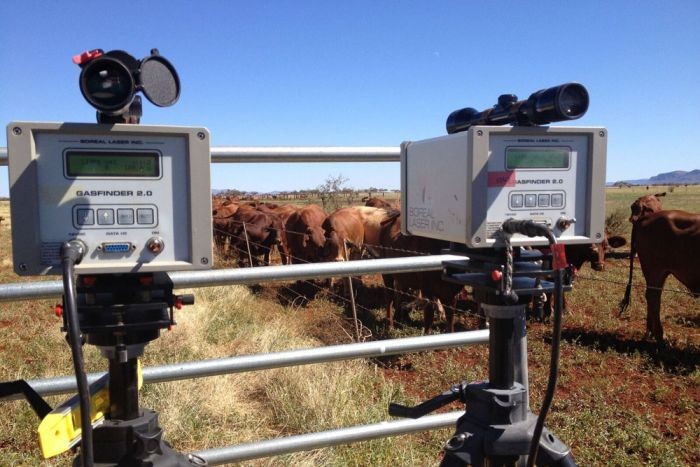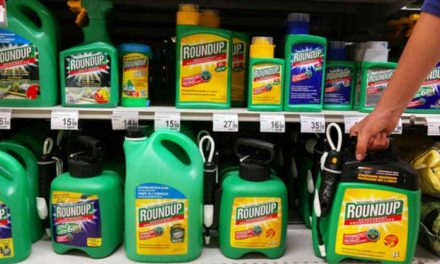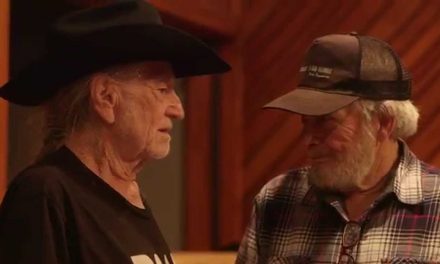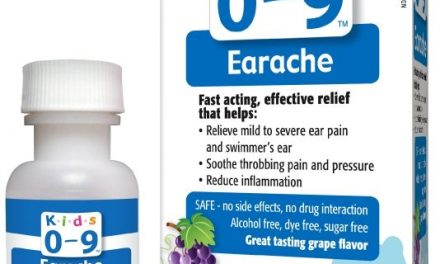Research in north Queensland, Australia, has shown that feeding a small amount of dried seaweed to cows could reduce the methane they produce by 99%.
Rocky De Nys, Professor of aquaculture at James Cook University in Townsville, has been experimenting with 20 different species of seaweed and quickly found one type of red seaweed, called Asparagopsis taxiformis, that seems to do the job in a huge way.
First, they began testing it by using chemicals from a cow‘s stomach in the laboratory.
“They get a little bit of material from inside the rumen that has all those microbes, and then they add them to different grasses or substrates,” says De Nys. “Then you add a little bit of seaweed to that.”

“As they ferment … just like you would see in a compost bin or somewhere else, the gas is created and it creates pressure.”
It is by measuring the pressure that they are able to figure out how much methane is being produced.
“Once you establish that works then you can go to whole animals,” he said.

Interestingly, it is the cows’ burps that create the majority of methane, not the gas coming out the other end.
“We have results already with whole sheep; we know that if asparagopsis is fed to sheep at 2 per cent of their diet, they produce between 50 and 70 percent less methane over a 72-day period continuously, so there is already a well-established precedent.”
Now, they are focused on collecting large amounts of the seaweed and have noted that this is the biggest challenge at present.
They are on a mission to, either, tap into the massive seaweed market of southeast Asia or begin their own production in Australia. They believe that if they get enough fiscal support, they can bring this research to full production very soon.
“Money will decide how quickly we can move … the sooner we have more money to move forward with the research, the sooner we will be able to get it out,” he said. “Three years isn’t outside the realm if we can get enough support to move with it.”
*Article originally appeared at Minds.












